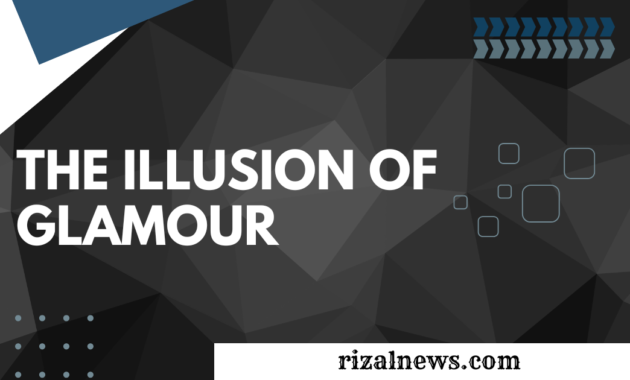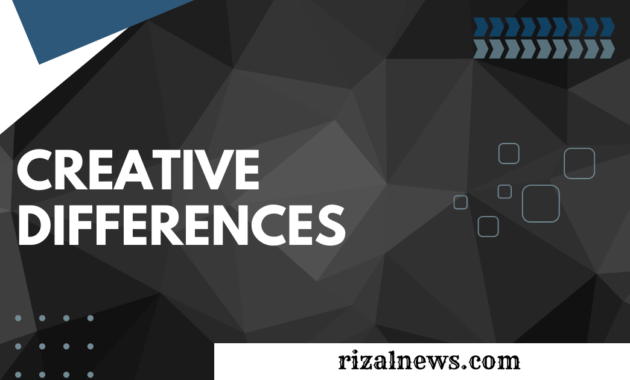The entertainment industry, particularly Hollywood, is often glamorized as a place of fame, fortune, and creativity. However, behind the sparkling façade lies a complex and often troubling reality that many aspiring artists face. This exploration reveals the darker aspects of the industry, including addiction, exploitation, and the intense pressures that come with the pursuit of stardom.
The Illusion of Glamour

Hollywood is frequently portrayed as a land of dreams where anyone can achieve success through talent and hard work. In reality, this narrative is misleading. Many artists find themselves grappling with harsh realities that include addiction and mental health struggles exacerbated by the industry’s demands. For instance, actor Dennis Quaid disclosed that cocaine was treated as “petty cash” on film sets, highlighting how normalized drug use has become in an environment where pressure to perform is immense.
Addiction and Substance Abuse
Substance abuse is rampant in Hollywood, often romanticized in popular culture. The pressures of fame can lead individuals to seek solace in drugs and alcohol. Reports indicate that many actors and crew members turn to substances to cope with the stress of production schedules and public scrutiny. This cycle of addiction not only affects personal health but also impacts professional relationships and project outcomes.
The Casting Couch Phenomenon
One of the most notorious aspects of Hollywood is the so-called “casting couch,” where aspiring actors may feel pressured to engage in sexual favors to secure roles. This exploitation has been a long-standing issue in the industry, with many women coming forward during the #MeToo movement to share their experiences of harassment and coercion from powerful figures in Hollywood. The casting couch represents a broader culture of sexism and power imbalance that continues to pervade the industry.
Gatekeeping and Connections

Breaking into Hollywood is not solely about talent; connections play a crucial role. Powerful agents and producers often act as gatekeepers, determining who gets opportunities based on personal relationships rather than merit. This reality can be disheartening for many aspiring artists who possess talent but lack the necessary connections to succeed1. The industry’s reliance on networking creates an environment where favoritism can overshadow genuine skill.
Gender Inequality
The entertainment industry has faced criticism for its treatment of women, particularly regarding pay equity and representation. Female actors often earn significantly less than their male counterparts for similar roles, reflecting a broader societal issue of gender inequality. Additionally, women are frequently underrepresented in key creative positions such as directing and producing, limiting their influence over narratives presented in film and television.
The Pressure to Conform
In an industry driven by image, many individuals feel pressured to conform to unrealistic standards. This pressure can manifest in various forms, including body image issues and mental health challenges. Actors may resort to extreme measures to maintain their appearance or fit into specific roles, leading to unhealthy behaviors that can have lasting consequences.
Behind the Scenes: Production Realities
While audiences see polished films and television shows, the reality behind production can be chaotic and demanding. From budget constraints to tight deadlines, those working behind the scenes often face significant challenges that impact their well-being.
Financial Strain
Producing a film or television show involves substantial financial investment. Budget constraints can lead to compromises in quality or working conditions for crew members. In some cases, production teams are forced to cut corners, resulting in long hours without adequate compensation or support. This financial strain can create a toxic work environment where individuals feel undervalued.
Unpredictable Work Environment
The entertainment industry is known for its unpredictability; projects can be canceled at any moment due to various factors such as poor test screenings or changes in market trends. This instability makes it challenging for professionals to maintain consistent employment or plan for their futures. Many crew members work on a freelance basis, leading to financial uncertainty that adds stress to their lives.
Exploitative Practices
Reports from industry insiders reveal exploitative practices that occur behind closed doors. For example, some producers may engage in unethical behavior by manipulating contracts or taking credit for others’ work. These practices not only undermine trust within teams but also perpetuate a culture of fear among those who may speak out against such treatment.
The Creative Process: Challenges Faced by Artists
The creative process itself can be fraught with challenges that impact artists’ mental health and artistic integrity.
Creative Differences

Collaboration is essential in filmmaking; however, differing creative visions can lead to conflicts among team members. Directors may have specific ideas about how a scene should be shot or how characters should be portrayed, while actors might have their interpretations based on their experiences. These disagreements can create tension on set and affect the overall quality of the final product.
Mental Health Struggles
Many artists face mental health challenges exacerbated by the pressures of the industry. Anxiety and depression are common among those working in entertainment due to factors such as public scrutiny and job instability. The stigma surrounding mental health issues often prevents individuals from seeking help or discussing their struggles openly.
Balancing Artistry with Commercial Interests
Artists frequently find themselves torn between their creative vision and commercial demands from studios or networks. The need for profitability can lead to compromises that dilute artistic integrity. Filmmakers may feel pressured to conform to trends or produce content that appeals to mass audiences rather than pursuing innovative storytelling.
Notable Behind-the-Scenes Secrets
Behind-the-scenes stories often reveal surprising truths about beloved films and television shows.
Iconic Films’ Hidden Challenges
For instance, during the production of “American Psycho,” Christian Bale faced significant skepticism regarding his casting due to his relative obscurity at the time2. Despite warnings that taking on such a controversial role could harm his career, Bale’s commitment ultimately led to one of his most acclaimed performances.
Production Anecdotes
Many productions have unique anecdotes that illustrate the unpredictability of filmmaking. For example, during “American Psycho,” challenges arose regarding brand placements due to controversy surrounding the source material; this necessitated alterations that impacted how certain scenes were portrayed. Such hurdles highlight the complexities involved in bringing a vision to life.
Surprising Decisions
Directorial decisions can also lead to unexpected outcomes during filming; for instance, Bale’s ability to control his sweat glands earned him the nickname “Robo-Actor” during “American Psycho,” showcasing how actors often employ unique techniques to enhance their performances. These quirks contribute significantly to character development but are rarely acknowledged outside production circles.
Conclusion: Navigating the Complex Landscape
The entertainment industry is multifaceted, encompassing both dazzling successes and troubling realities. While it offers opportunities for creativity and expression, it also presents significant challenges related to addiction, exploitation, and mental health struggles.
Aspiring artists must navigate this complex landscape with caution while advocating for change within an industry that has historically marginalized voices outside its dominant narratives. By shedding light on these hidden truths behind the scenes, we can foster a more equitable environment where creativity thrives without compromising individual well-being or integrity.
Also Read : 20 Extremely Special Beaches Around The World




